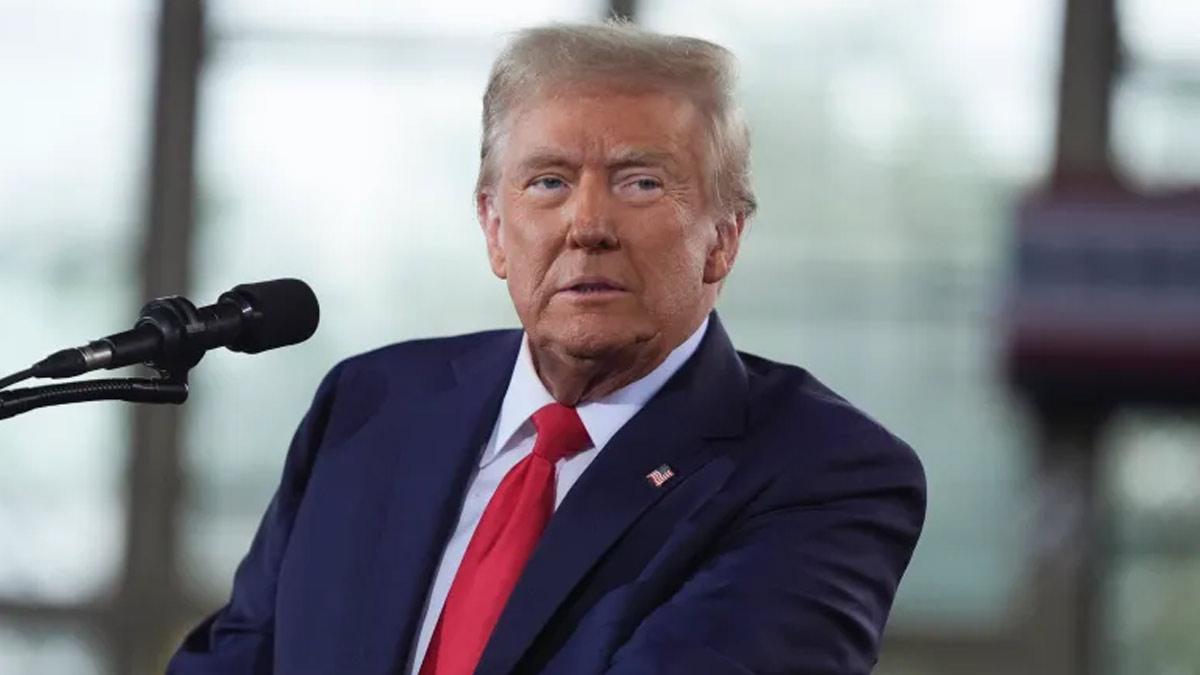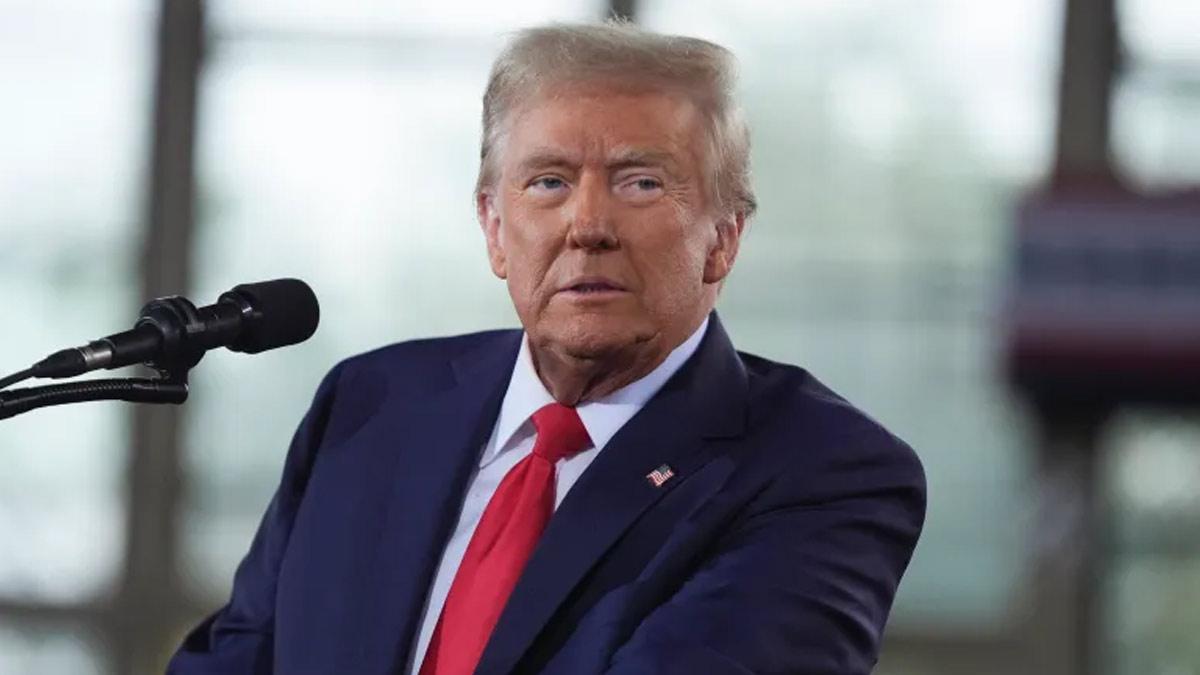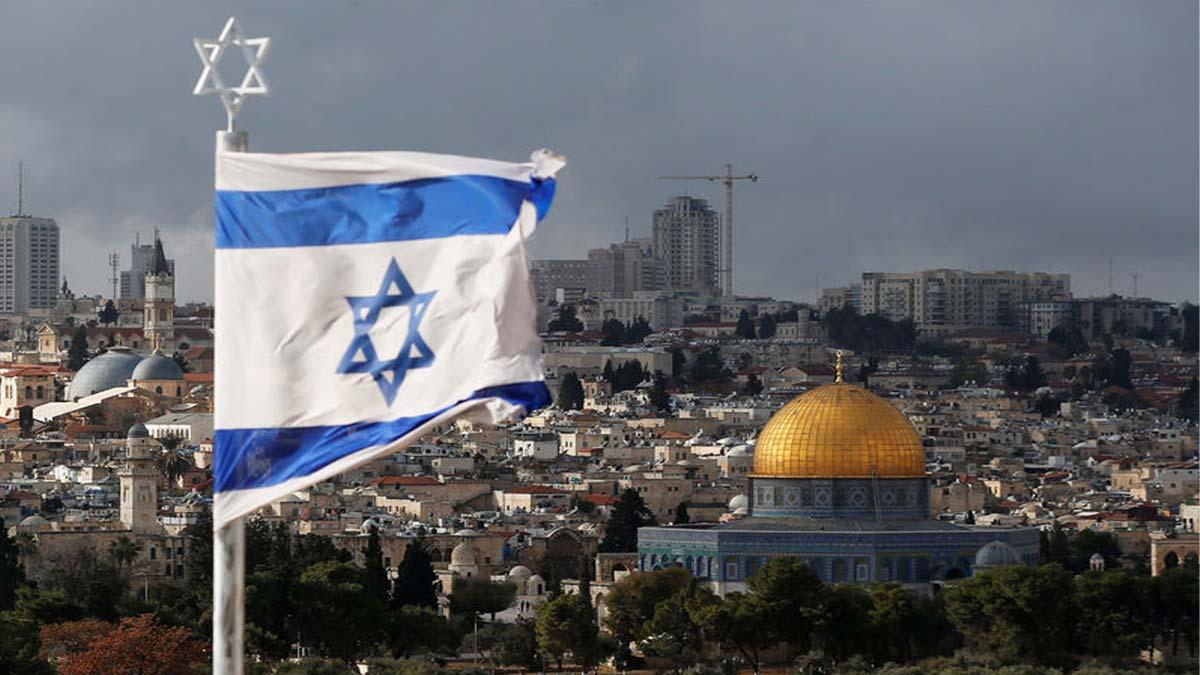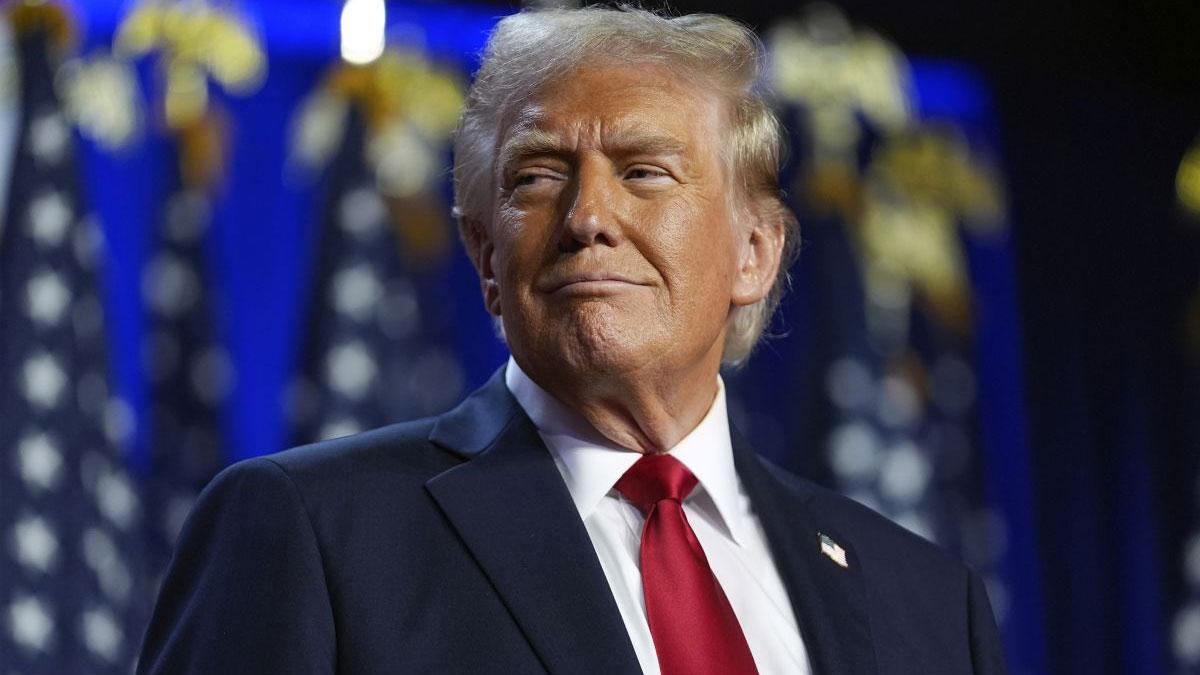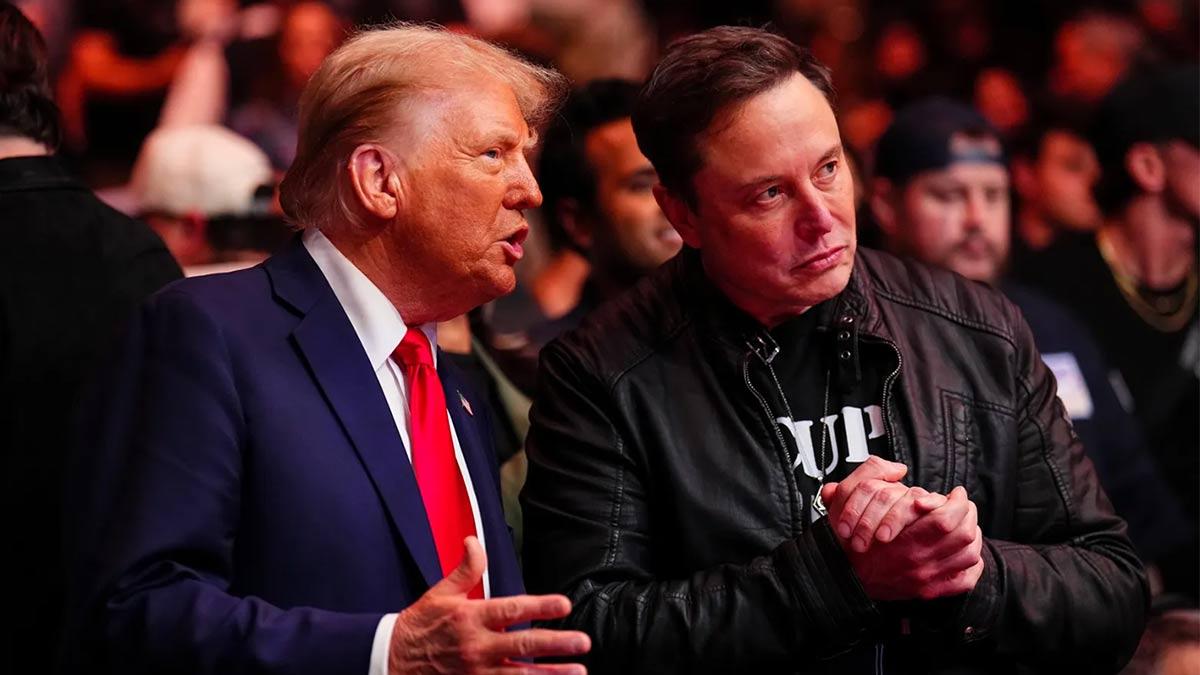A broad travel ban imposed by U.S. President Donald Trump has taken effect, fueling the chaos over his administration's stance on immigration.
The action occurred as protests escalated, with protesters running into National Guard troops in downtown Los Angeles on Saturday. The protests ensued following mass immigration raids throughout California, which triggered an outcry from the public.
In New York City, protesters marched to Trump Tower on Monday, demanding the release of immigrants arrested during the recent enforcement action. Local media quoted by Xinhua news agency reported that at least 20 protesters were detained by law enforcement officers after a 20-minute standoff.
President Trump signed a presidential proclamation last week that imposes a full entry ban on citizens of 12 countries. The nations impacted are Afghanistan, Chad, the Republic of the Congo, Equatorial Guinea, Eritrea, Haiti, Iran, Libya, Myanmar, Somalia, Sudan, and Yemen. The determination, as outlined in a White House statement, is premised on the view that the countries pose "a very high risk to the United States" because of deficiencies in their screening and vetting procedures.
Along with the complete ban, the order puts partial limitations on the citizens of seven other countries: Burundi, Cuba, Laos, Sierra Leone, Togo, Turkmenistan, and Venezuela.
"The restrictions and limitations implemented by the Proclamation are needed to achieve cooperation from other governments abroad, enforce our immigration policies, and pursue other vital foreign policy, national security, and counterterrorism goals," claims the White House.
The proclamation specifies exceptions for lawfully permanent residents, holders of valid visas, specific visa categories, and instances where it is considered to be in the interests of U.S. national interests.
This policy mirrors Trump's previous actions in his initial term, when he put in place a travel ban on various nations. That policy, which was amended several times, was finally upheld by the Supreme Court in 2018. But President Joe Biden rescinded the ban in 2021 upon taking office.
Read also| Cold Truce: Musk and Trump Aides Confer, Yet Alliance Remains Tenuous

